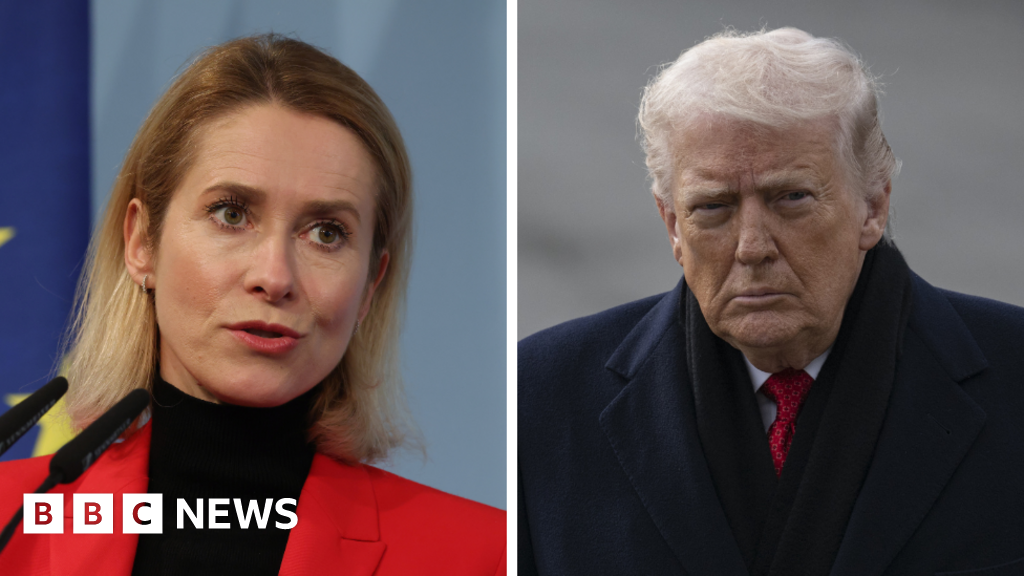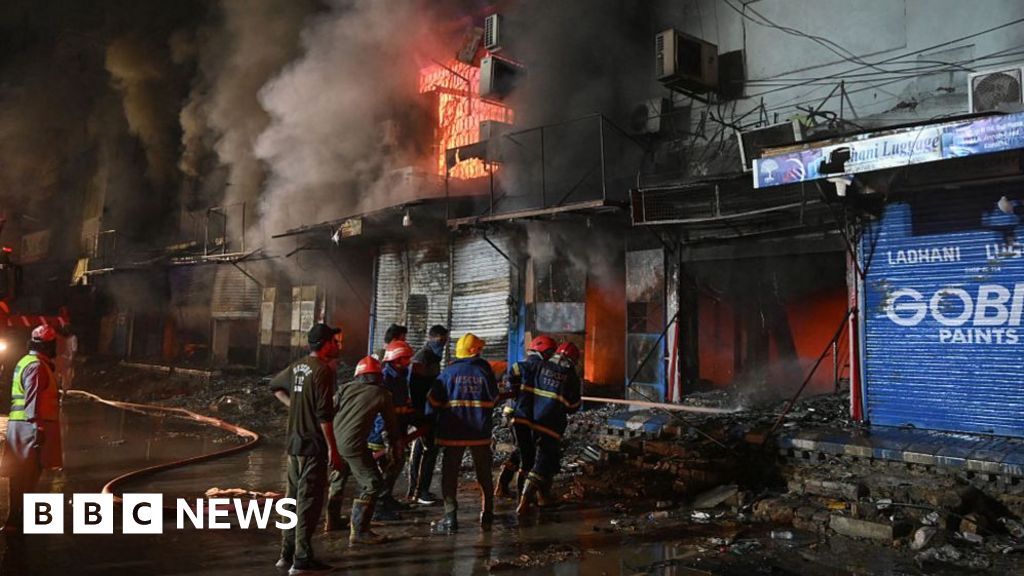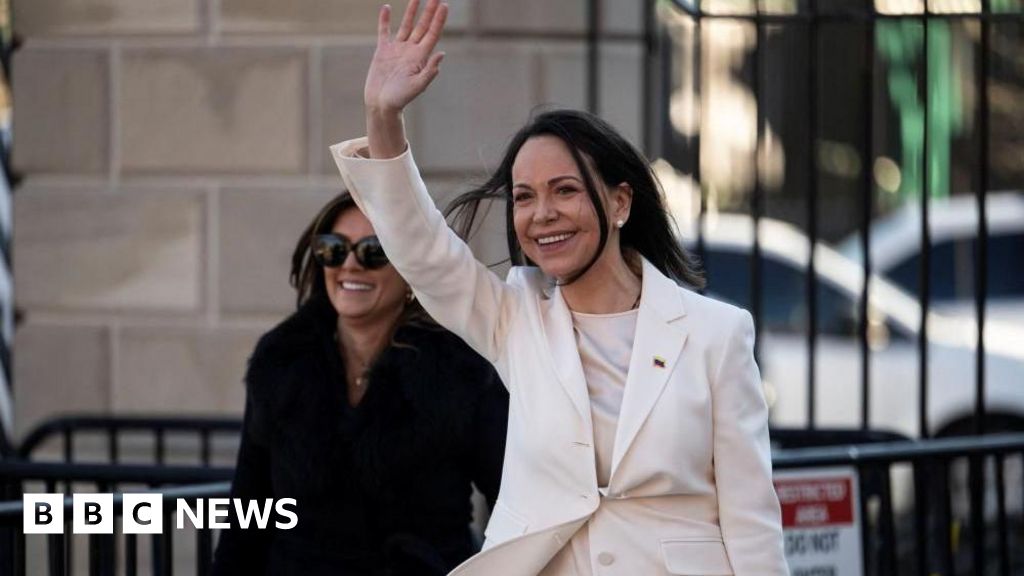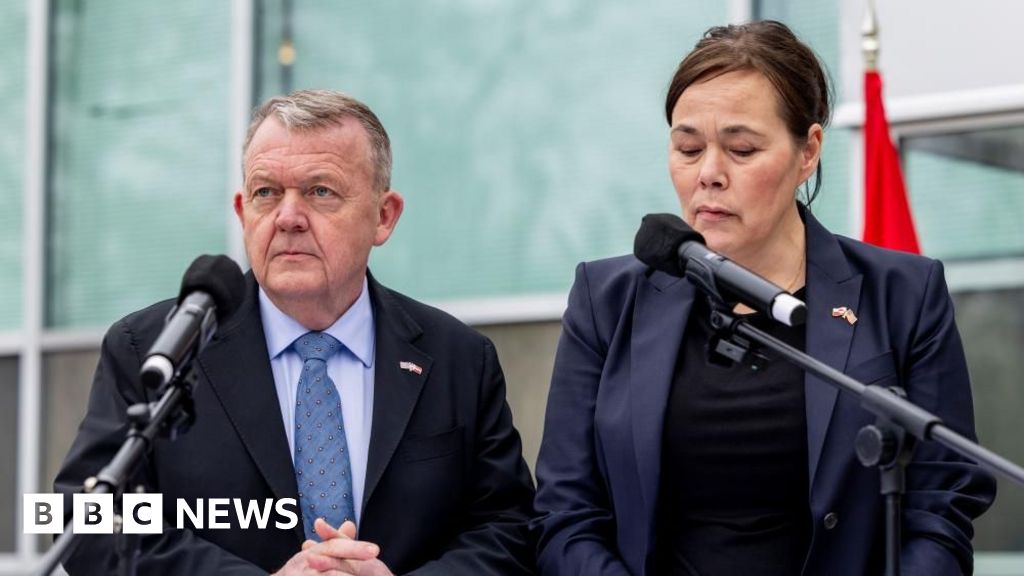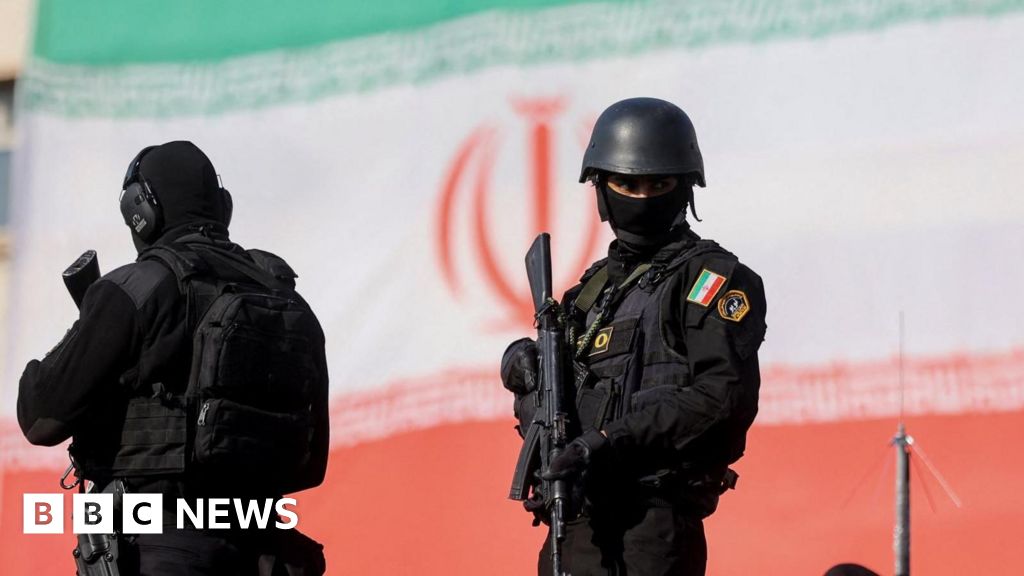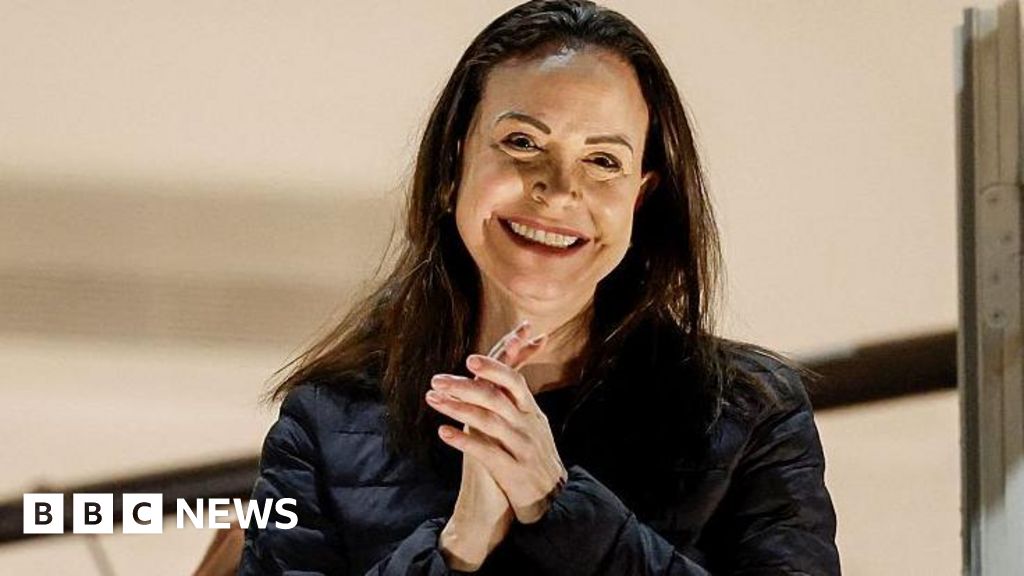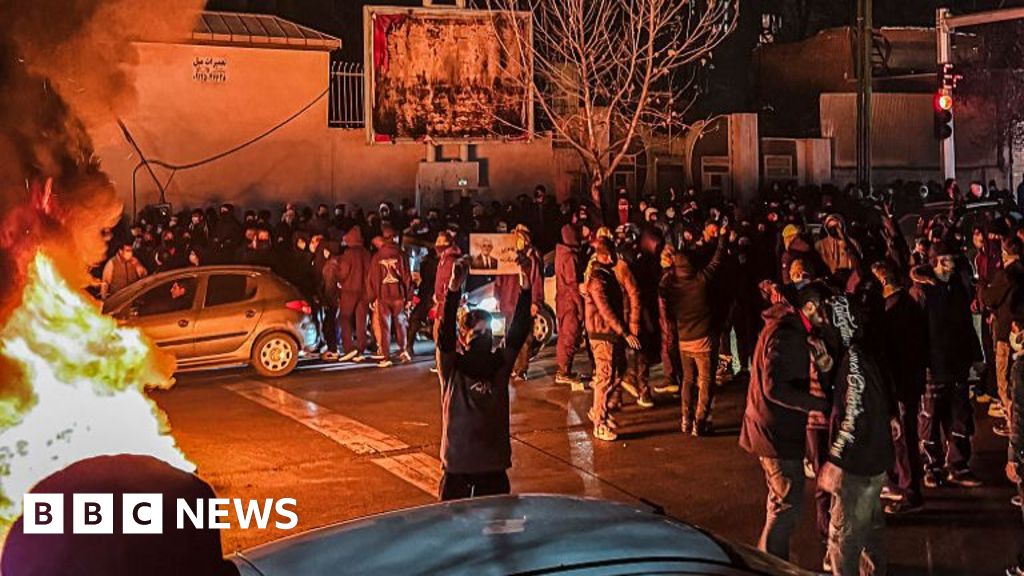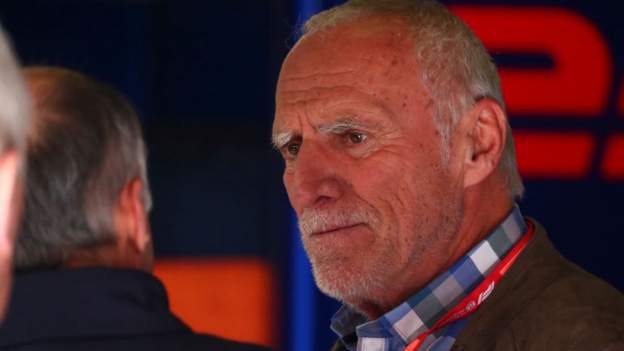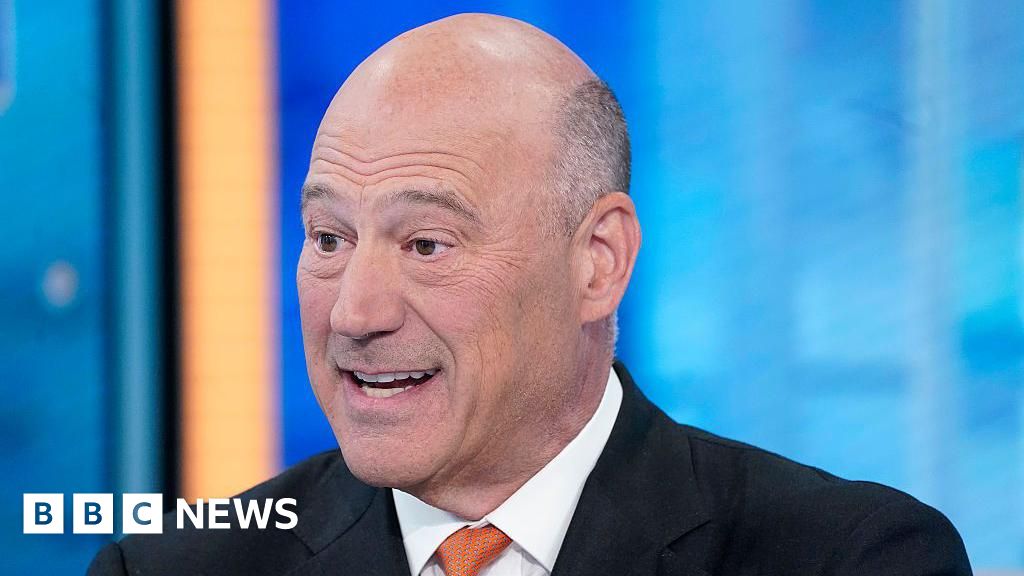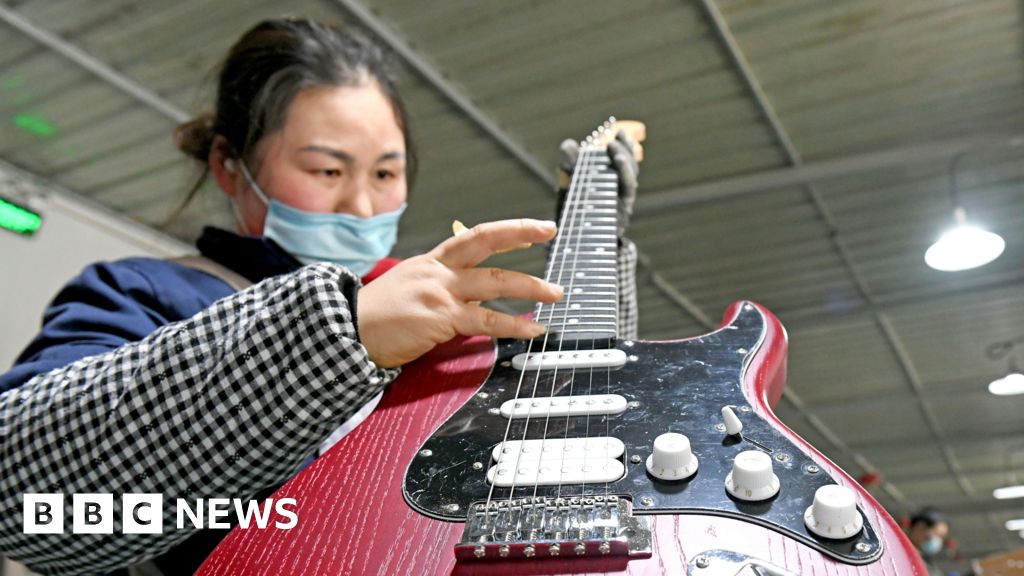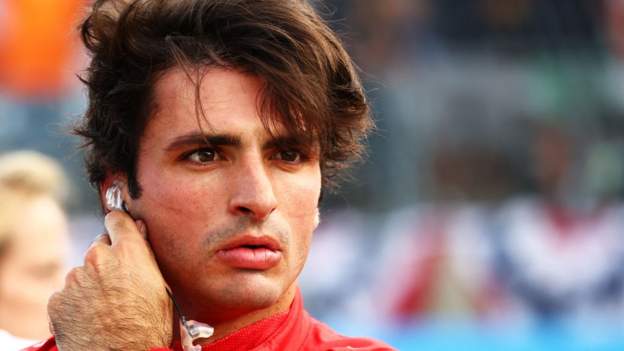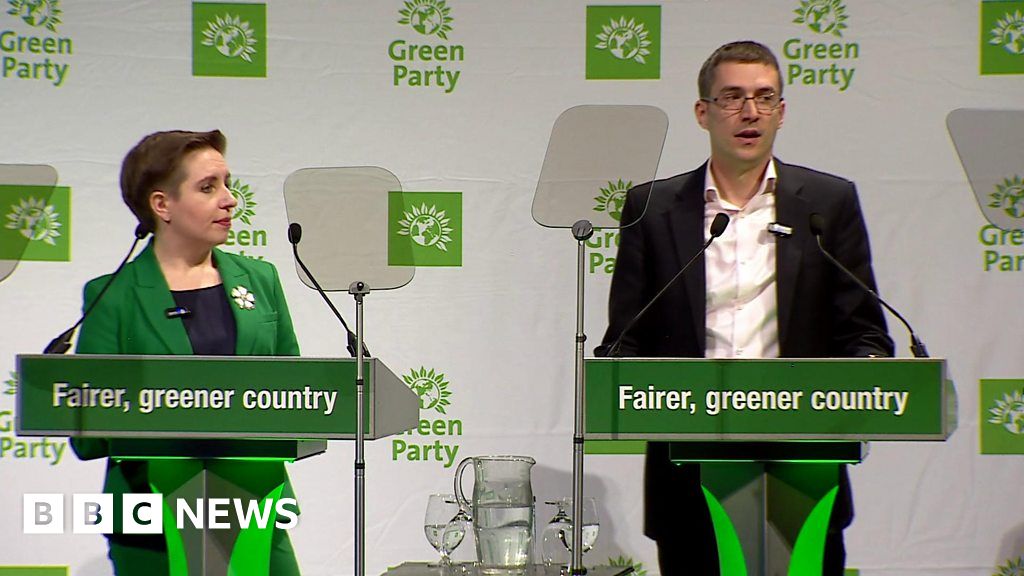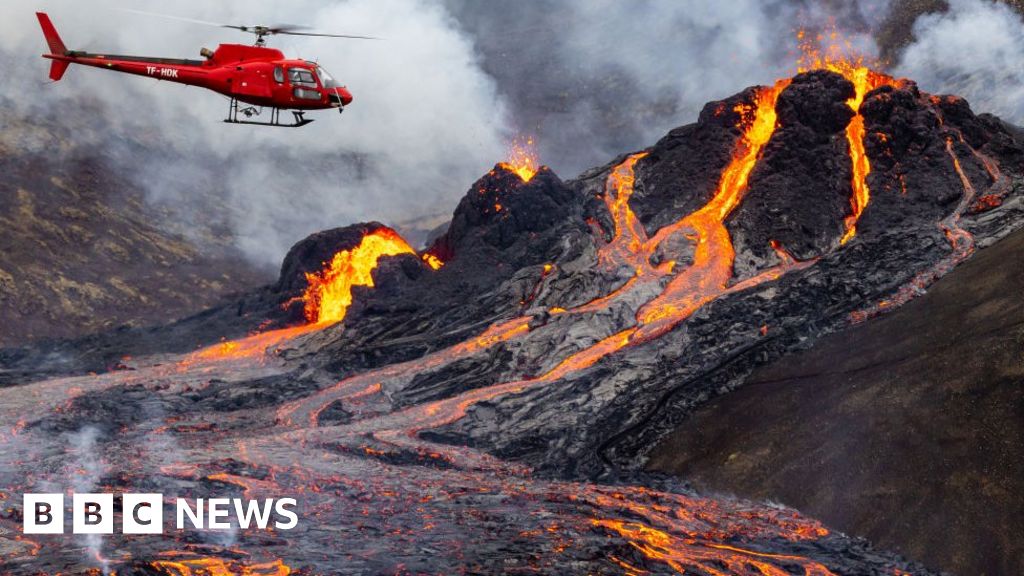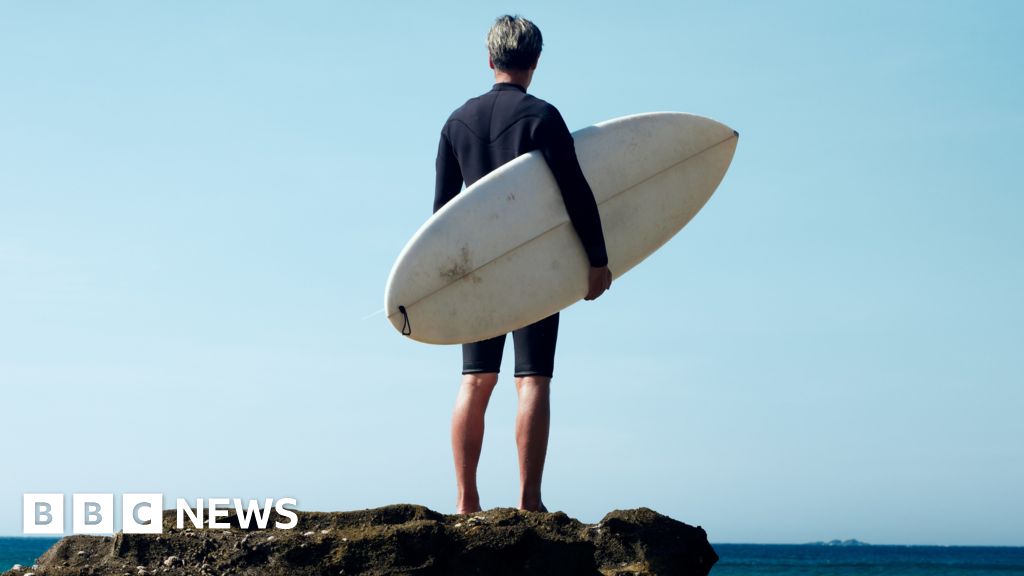Red Bull co-owner Dietrich Mateschitz, a major global business figure as a result of his energy drinks empire, has died aged 78.
Mateschitz was the driving force behind the establishment of what became the global market leader in energy drinks.
He used the fortune created by that to set up a Formula 1 team that has become one of the leading forces in the sport.
“It’s very, very sad, what a great man,” said Red Bull’s team principal Christian Horner.
“What he achieved and what he has done for so many people, around the world in different sports, is second to none.”
Speaking to Sky Sports before qualifying at the US Grand Prix on Saturday, moments after Mateschitz’s death was announced, Horner said his team was determined to “do our best for him” in qualifying and in Sunday’s race.
“So many of us have to be so grateful to him for the opportunities he provided and the vision that he had, the strength of character and never being afraid to chase your dreams.
“That’s what he did here in Formula 1, proving that you can make a difference. We’re just incredibly grateful.”
Horner said that “thankfully” Mateschitz got to see Red Bull’s Max Verstappen clinch his second consecutive world title when the Dutch driver won the Japanese Grand Prix two weeks ago.
“He was very proud of the team,” added Horner.
Mateschitz’s death is not thought to threaten the future of Red Bull or its sister team Alpha Tauri.
Formula 1 chief executive Stefano Domenicali said he was “deeply saddened” and called Mateschitz “a hugely respected and much-loved member of the Formula 1 family”.
The Italian added: “He was an incredible visionary entrepreneur and a man who helped to transform our sport and created the Red Bull brand that is known all around the world.”
From salesman to founder of $25bn drinks giant
Austrian Mateschitz was a salesman for consumer goods company Procter & Gamble when he discovered Krating Daeng, the drink that would become Red Bull, on his travels in Thailand.
In 1984, he founded Red Bull with the drink’s founder, Thai Chaleo Yoovidhya, and launched the Red Bull brand in 1987, eventually turning it into the world’s biggest energy drink and making himself a fortune estimated at $25bn.
He began to associate the brand with extreme sports such as surfing, cliff diving, winter sports and mountain biking, and Red Bull became involved as a sponsor in many of them.
His involvement in F1 began with the Swiss-based Sauber team, of which Red Bull became a 60% shareholder, before the two parted company following a row over driver choice – Sauber signed the inexperienced Finn Kimi Raikkonen for his debut season in 2001, when Mateschitz wanted him to pick Red Bull protege Enrique Bernoldi.
Three years later, Red Bull bought the failing Jaguar team from owner Ford and renamed it, employed ex-Formula 2 driver Christian Horner as team principal and signed the sport’s leading design engineer Adrian Newey as technical director on a $10m salary.
They set about turning Red Bull into a leading force, became the fastest team in F1 by 2009, and won their first drivers’ and constructors’ titles with the German Sebastian Vettel in 2010, the first of four consecutive championship doubles for the team.
Red Bull also extended its sporting interests into football, buying teams in Salzburg, the city closest to Mateschitz’s home in Fuschl am See in Austria, and Leipzig in Germany, as well as what was the New York/New Jersey MetroStars, Campinas in Brazil, founding a club in Ghana and taking over an ice hockey team in Munich.
Red Bull forged a reputation for combining Newey’s design genius and competitiveness with a ruthless, combative attitude to all areas of the sport, from exploiting technical grey areas, taking an abrasive approach to rule-makers and rivals and revelling in the role of disruptors.
The advent of turbo-hybrid engines in 2014 brought their domination to a juddering halt, as Mercedes began their own period of command.
Red Bull continued to produce competitive cars, but were held back by their Renault engines. In the meantime, they were laying the foundations for their return to the front.
Mateschitz’s right-hand man in motorsport, Helmut Marko, signed up Verstappen in 2014 midway through his first season in car racing, and made him the youngest driver to take part in a grand prix weekend when he was handed a Toro Rosso for first practice at the Japanese Grand Prix, aged 17 years and three days.
Verstappen was signed for the Toro Rosso team – the former name of Alpha Tauri, which is now named for a group fashion brand – in 2015 and by the fifth race of 2016 was promoted to Red Bull, winning at the Spanish Grand Prix on his debut for the senior team.
After abandoning their engine partnership with Renault and joining forces with Honda in 2019, Red Bull became increasingly competitive, and in 2021 had their first absolutely competitive car since 2013.
Verstappen used it against Mercedes’ Lewis Hamilton in one of the most intense title battles in F1 history, the Red Bull driver eventually being declared champion after a controversial finale in which he won the race, passing Hamilton, after the FIA race director failed to follow the rules correctly during a late safety-car period.
With the advent of new rules in 2022, Red Bull emerged as the dominant team, culminating in Verstappen’s commanding charge to a second world title.
Throughout his involvement in F1, Mateschitz, although a reclusive figure who rarely gave interviews, emerged as one of the sport’s most significant power-brokers.
At the same time, he used his fortune to help regenerate his native area of Styria in Austria, promoting local crafts and arts. He also set up the Wings For Life charity in aid of spinal cord research.
He carved a significant legacy in motorsport and global business. But his passing inevitably leaves long-term question marks hanging over all aspects of the business, even if Chalerm Yoovidhya, the eldest son of Chaleo and believed to be the Red Bull majority shareholder all along, is said to be an F1 enthusiast.
